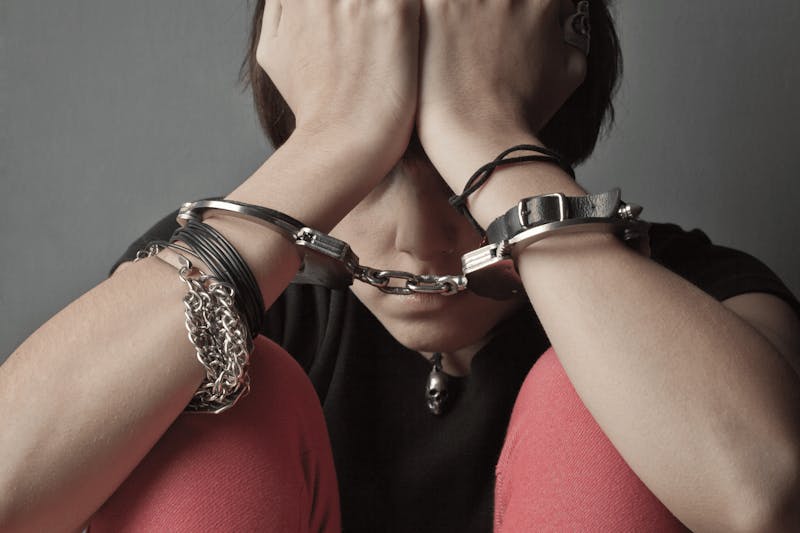
If your child has been charged with a juvenile offense, you are likely very concerned. It is important to remember that just because your child was arrested does not mean that they will face any penalties. Law enforcement often get it wrong when they charge minors. For example, a group of teens may be sitting in a park underage drinking. Your child may have been with them and gotten arrested, even though they were not drinking. Below are the most common juvenile offenses law enforcement charge people with, and the possible penalties associated with them.
Common Juvenile Crimes
Under Florida law, any person who commits a crime and is under the age of 18 years old, they will typically be considered a juvenile. There are some exceptions to this, such as when a minor commits a violent crime. The most common offenses juveniles are charged with are as follows:
- Criminal mischief: Graffiti and vandalism are just two offenses that could result in a criminal mischief charge.
- Assault: When a juvenile is charged with assault, it is usually a result of a fistfight and often, more than one person is charged.
- Petty theft: In Florida, shoplifting is known as petty theft, a very common charge among younger people.
- Joyriding: Joyriding occurs when someone takes another person’s motorized vehicle, uses it, and brings it back.
- Underage drinking: As throughout the rest of the country, it is illegal for anyone under the age of 21 to consume or possess alcohol.
Penalties for Juvenile Offenses
In Florida juvenile cases, the focus is usually on the rehabilitation of the minor, and not punishment. As such, the state may choose before a court date to take one of the following actions:
- Diversion programs: Pre-trial diversion programs are intended to keep minors, and adults sometimes, out of the criminal justice system by correcting the wrongful behavior. Minors have to complete the program, which includes meeting with a juvenile probation officer regularly who will monitor the compliance of the juvenile and connect them with service providers. Youth who successfully complete the program can even have their charges dismissed, which will make it as though they were never laid.
- Juvenile Detention Alternatives Initiative: The initiative was created in an attempt to reduce overcrowded Florida detention centers and to transfer minors not considered high risk into rehabilitation programs.
In some cases, a judge may also order a juvenile to pay fines, perform community service, or take education courses in place of, or in conjunction with, the above penalties.
Resources:
Our Criminal Defense Lawyer in Orlando Can Help Your Child Beat Their Charges
Juvenile charges are very concerning and you are likely worried about your child’s future. At O’Mara Law Group, our Orlando juvenile offenses lawyer can prepare a solid defense in your child’s case and give them the best chance of a successful outcome to protect their future. Call us now at 407-634-6604 or fill out our online form to schedule a consultation and to learn more about how we can help.

